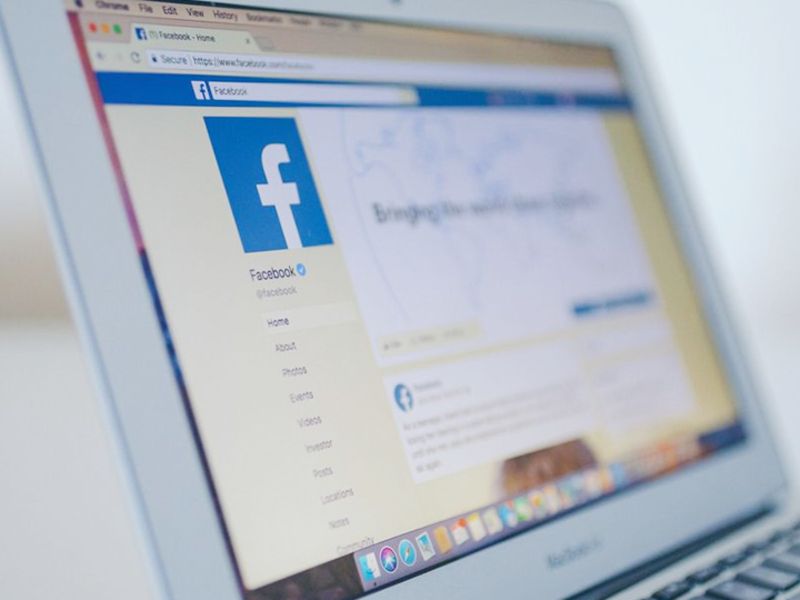
Recovering from the economic effects of the coronavirus pandemic just got a little harder for some automakers.
Ford Motor Co., Honda North America Inc. and Volkswagen Group of America all vowed last month to drop paid Facebook advertisements for about 30 days, voluntarily giving up a key piece of their digital ad strategies as they try to bounce back from dismal second-quarter sales. The trio of automakers is among dozens of advertisers across multiple industries that have said they are boycotting the social media giant for failing to prevent the spread of disinformation and hate speech.
Honda and VW specifically called out Facebook and Instagram, saying they would drop advertising for the month of July. Ford said it would halt paid advertising on all social media channels for 30 days, starting Tuesday, June 30, even as it prepares to launch the Bronco SUV and Bronco Sport crossover in a few weeks.
Lara Koslow, managing director at Boston Consulting Group, said taking such a stand, especially in a challenging sales environment, could have a short-term impact on a company’s bottom line. But she believes those involved in the boycott could benefit in the long run.
“You have to sometimes make hard choices to make sure your brand is aligned to that value statement you proclaim to customers,” she told Automotive News. “Customers are smart. They see what companies do and what they say and whether those are aligned.”
VW, in a statement, said hate speech should not be allowed to go unchecked.
“We expect our advertising partners to reflect our values, and Volkswagen — as well as other companies — must hold them to the same standards we demand of ourselves,” it said. Honda issued a similar statement, saying its values “are grounded in human respect.”
Ford, in a statement, said hate speech, violence and racial injustice in social media content need “to be eradicated.”
The self-imposed ban comes at an especially challenging time for Ford, which is preparing for one of its most anticipated reveals in recent memory. Aside from the Bronco, it’s preparing to launch other high-profile vehicles, including the redesigned F-150 pickup and new Mustang Mach-E electric crossover.
Still, Koslow noted Ford won’t be lacking for outlets to promote its vehicles.
“There are a lot of organic posts,” she said, referring to nonpaid social media advertisements as well as free exposure from news outlets. She also said current advertisements could continue to have an effect even after Ford cuts them off.
“If you’ve had media on Facebook for many years, you’re going to get some halo effect for that for several weeks,” she said. “You’ve turned it off, but you’ve been investing for some time on that platform. In the long term, it could impact the brand, but in the short term, it has a little less impact.”
She said the move could be challenging, though, considering consumers are spending more time online even as some states begin to reopen following prolonged shutdowns due to the pandemic.
Pete Petersen, CEO of Dealers United, which runs dealership advertising on Facebook, said none of the company’s dealership clients has requested to stop its Facebook promotions. He added that some have asked for clarity about automakers’ positions.
Petersen said the company has advised dealerships to determine for themselves whether they support the cause that has prompted brands to pause their Facebook marketing and want to do the same. For dealerships that choose to stay the course, he said, fewer companies paying to show up on Facebook will make it a more affordable time to advertise on the social media giant.
“I don’t see Tier 3 really being affected right now, based on the initial observations,” he said. “But this is day by day.”
Lindsay VanHulle contributed to this report.